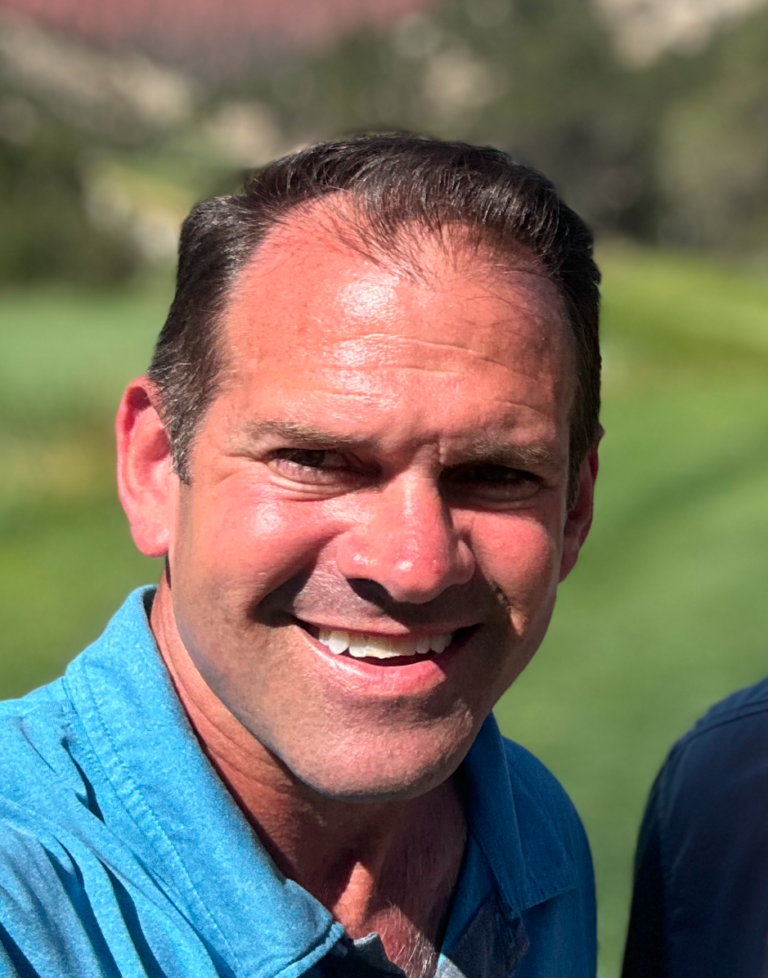Heart Health First: Dr. Ian Weisberg’s Expert Advice on Preventing Atrial Fibrillation
Heart Health First: Dr. Ian Weisberg’s Expert Advice on Preventing Atrial Fibrillation
Blog Article
Atrial fibrillation (AFib) is the most frequent type of unusual center flow, affecting millions of people worldwide. It may improve the danger of swing, center failure, and other complications. Dr Ian Weisberg, a number one expert in cardiac electrophysiology, emphasizes that reduction is key. By adopting a heart-healthy lifestyle and creating wise choices, persons may somewhat decrease their threat of building AFib.

1. Maintain a Balanced Fat
Dr. Weisberg shows the strong relationship between obesity and atrial fibrillation. Extra weight may put added stress on the center, resulting in irritation and electric disturbances that trigger AFib. Reports show that losing only 10% of body weight may significantly reduce AFib symptoms and improve center function.
2. Check and Control Blood Force
High body pressure (hypertension) is among the leading causes of AFib. Dr. Weisberg advises normal blood force monitoring and lifestyle improvements like:
Lowering sodium intake
Exercising often
Managing pressure efficiently
For individuals with persistent hypertension, drugs might be necessary to help keep blood pressure in a healthy selection and lower AFib risk.
3. Restrict Alcohol and Coffee Intake
Extortionate liquor consumption can cause "vacation center syndrome," a problem wherever abnormal heartbeats occur following major drinking. Dr. Weisberg suggests:
Restraining alcohol to moderate degrees (no multiple consume per day for girls, two for men)
Reducing caffeine intake for those sensitive and painful to its heart-stimulating effects
4. Get Typical Workout – But Avoid Overexertion
Physical activity is vital for heart wellness, but Dr. Weisberg warns against severe energy workout, which may raise AFib chance in some individuals. The very best method is:
Moderate cardiovascular exercises (walking, cycling, swimming)
Strength training in stability
Yoga or meditation to reduce pressure and stabilize heart rhythms
5. Prioritize Rest and Control Stress
Sleep apnea and persistent stress tend to be connected to AFib episodes. Dr. Weisberg says:
Getting 7-9 hours of sleep per evening

Managing sleep apnea if identified
Practicing rest techniques like heavy breathing and mindfulness
Conclusion: Avoidance Starts Today
Dr Ian Weisberg highlights that atrial fibrillation isn't inevitable. By making easy but powerful lifestyle changes, people can reduce their chance and improve their overall center health. With a proactive strategy, you can take control of one's heart's flow and long-term well-being.
Could you want more in-depth guidance on a particular elimination technique? ????
Report this page